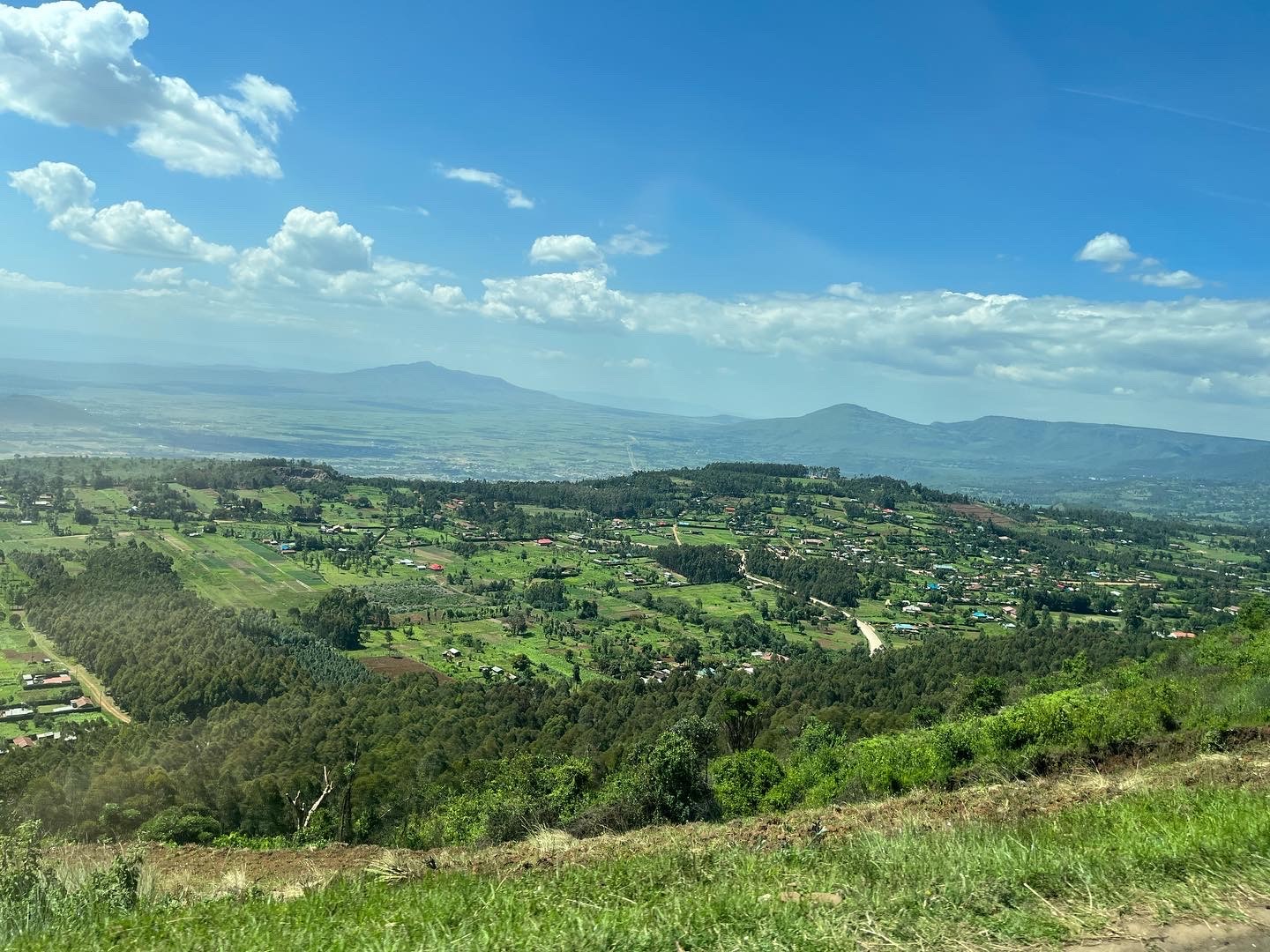Sub-Saharan Africa
Sub-Saharan Africa is not monolithic. While crises in the Sahel have attracted a great deal of attention, other regions also need to be monitored, and not just through the prism of security.
Related Subjects

Anglo-Kenyan Relations (1920-2024) : Conflict, Alliance and a Redemptive Arc

This article provides an evidentiary basis for postcolonial policy in its analysis of Anglo-Kenyan relations in a decolonization era.

Thabo Mbeki's Fall and Succession: Interview with Thierry Vircoulon
Economic Partnership Agreements: an Essential Step on the Path Towards Regional Integration and Trade Liberalisation

Candide in Congo. The expected failure of Security Sector Reform (SSR)
From Afghanistan to the Central African Republic, through Haiti and Guinea Bissau, 'failed' or fragile states have finally turned out to be much more resilient than planned to the Security Sector Reforms (SSR) and other imported reforms of governance. Their ability to let any reform coming from abroad sink, to block or twist such initiatives strongly contrasts with the weakness of their human and financial resources. The example of the Democratic Republic of Congo illustrates the difficulties which are inherent to the concept of SSR.

African Union Government: Gradualism and status quo v. Immediate Action

Zimbabwe: Reflections on a Lasting Dictatorship
Marc-André Lagrange et Thierry Vircoulon,
Angolan Elections, September 2008: Interview with Indira Campos
L'aide au développement face à la guerre
Development aid has progressively penetrated the fields of conflicts and "fragility". It tends to become a key component of external interventions, next to military action and diplomacy. As a result, it is subjected to the final goals of those operations which, beyond the end of confrontations and the setting up of a political solution, aim at building peace.
Support independent French research
Ifri, a foundation recognized as being of public utility, relies largely on private donors – companies and individuals – to guarantee its sustainability and intellectual independence. Through their funding, donors help maintain the Institute's position among the world's leading think tanks. By benefiting from an internationally recognized network and expertise, donors refine their understanding of geopolitical risk and its consequences on global politics and the economy. In 2024, Ifri will support more than 70 French and foreign companies and organizations.










